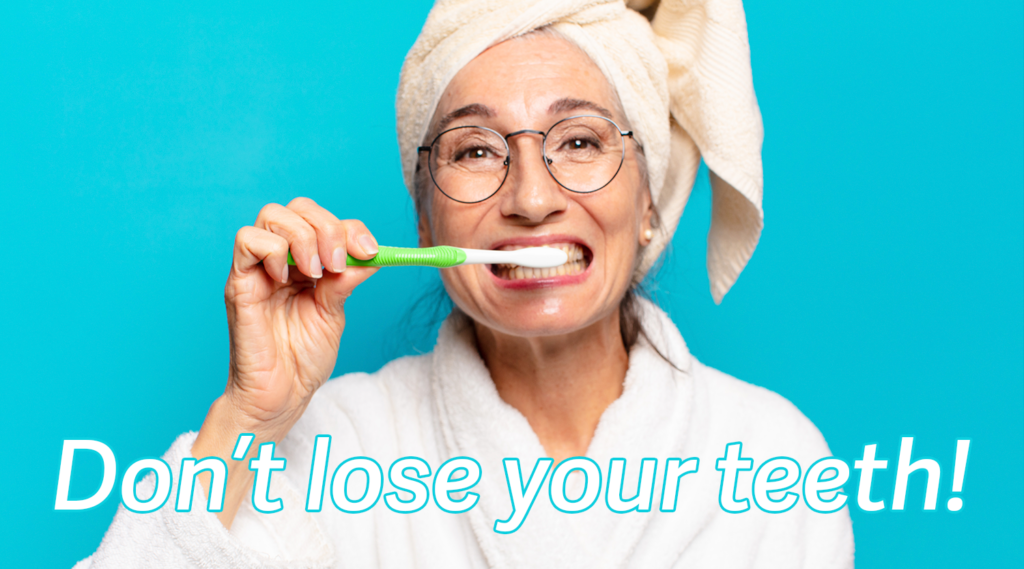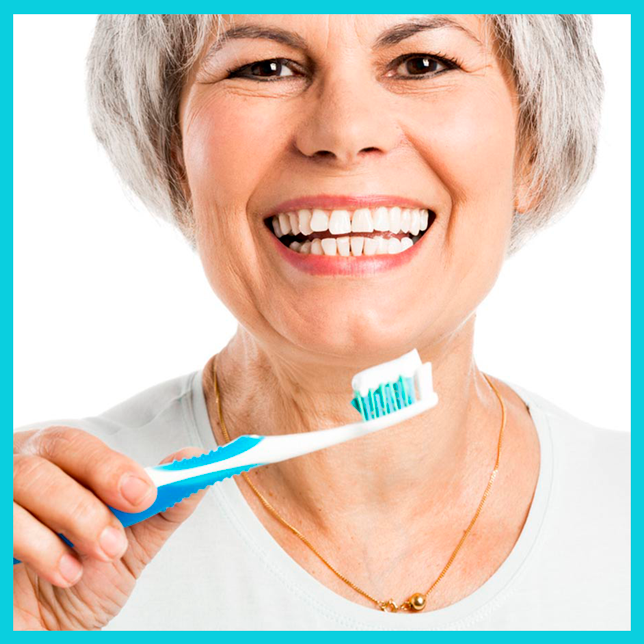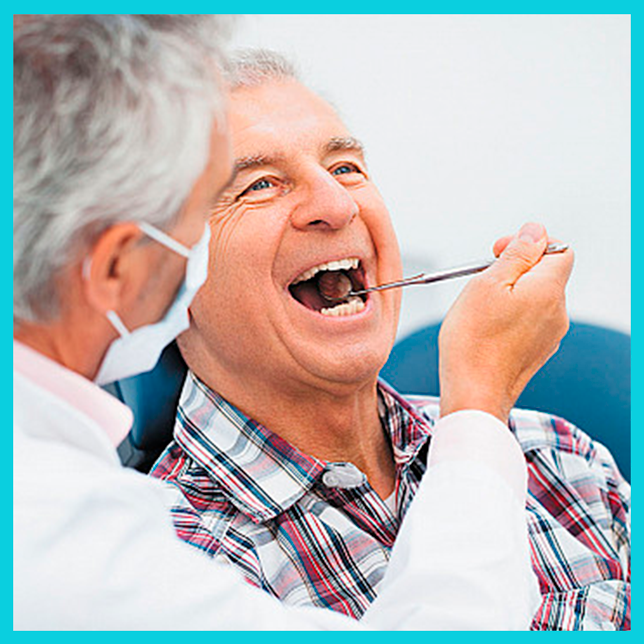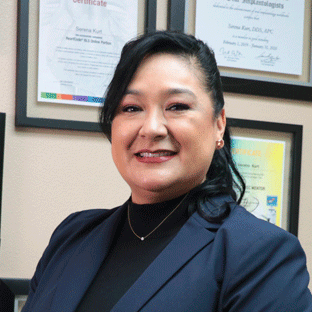Oral health for seniors considers the effects of aging on the teeth and gums and how a lifetime of beneficial or harmful practices contributes to one’s oral health in the latest stages of our lives.
Dental health for elders can become more challenging when their oral hygiene is not the best, as it’ll need extra care and attention. To avoid further significant health issues, seniors must adhere to a daily dental and mouth care program.
According to the CDC, the number of American seniors aged 65 and more will reach 98 million by 2060, accounting for 24% of the entire population.
Also, those who are economically disadvantaged, lack insurance, and are members of specific racial and ethnic minorities are more likely to have poor dental health as they get older.
Disabled, homebound, or institutionalized elders are also more likely to have poor dental health.
What Oral Issues Could They Develop?
Many seniors are at risk for a variety of oral health issues as they get older, including:
- Missing teeth
Those aged 75 and up are twice as likely to lose all teeth. Having lost teeth or wearing dentures can impact nutrition since people without teeth or wearing dentures frequently favor soft, easily digested foods over fresh fruits and vegetables.
- Dry mouth
Reduced saliva flow can be caused by cancer therapies that involve radiation to the head and neck region and disorders such as Sjögren’s syndrome and drug side effects. A variety of medications can cause dry mouth.
- Root decay
As the gum tissue around the tooth recedes, the tooth roots become visible. Because roots lack enamel, they are more susceptible to decay than the crown portion of the tooth. This can cause pain and tooth loss.
- Periodontitis
It is a very common condition for older elders. Worsened by plaque, food left in teeth, tobacco use, ill-fitting bridges and dentures, poor diets, and certain disorders like anemia, cancer, and diabetes.
- Oral care
Oral and pharyngeal malignancies are most commonly diagnosed in older persons, with a median age of 62 years at diagnosis.
How Can You Avoid These Issues?
To maintain your teeth and gums healthy as you get older, follow the guidelines below:
Every day, brush and floss your teeth.
Brushing and flossing can aid in the removal of dental plaque, a bacterial film that adheres to the teeth (germs). Plaque accumulation on your teeth can lead to tooth decay or gum disease.
Try to brush your teeth at least twice a day with fluoride toothpaste: after breakfast and before bed.
Floss between your teeth every day. If flossing is difficult for you, ask your dentist about using a special brush or pick instead.
Keep an eye out for sudden changes in your mouth.
Oral health for seniors it’s critical. As you become older, your chances of developing mouth cancer increase. It’s critical to seek medical attention when you notice changes in your mouth.
If you have any of these symptoms for longer than two weeks, see a doctor or dentist:
- A painful or sore place in your mouth, lip, or throat.
- A bulge or thickening of the mouth, lip, or throat.
- A white or red patch.
- You’re having difficulty chewing, swallowing, or moving your jaw or tongue.
Look after your oral appliances.
Dentures are frequently for seniors’ dental care. Your dentist will give you further details on how to care for your dentures, and you must follow them.
If your dentures are causing you pain, discomfort, or other problems, you should see your dentist investigate the problem. Seniors who wear dentures should also visit their dentist at least once a year for routine checkups.
Visit your dentist regularly.
There is no universal rule for how frequently people visit the dentist; it differs from person to person. Ask the dentist when is a good time to visit again to check and clean.
Control and reduce your sugar intake.
Cavities, tooth decay, and gum disease can be caused by eating sugary foods and drinks. If you indulge in a sugary dessert or a sweet tea or soda as an occasional treat, make sure to clean your teeth constantly.
Ensure a Healthy Smile
Take your dental health seriously, and if you have any pain, discomfort, or tooth loss, contact your dentist right away.
Early detection and treatment of dental disorders can help you avoid subsequent difficulties that can affect your dental, general health, and well-being.
Get in contact with the Serena Family & Cosmetic Dentistry team today if you have any questions about dental health for seniors. We can help you be proud of your smile and have the finest dental health possible.








